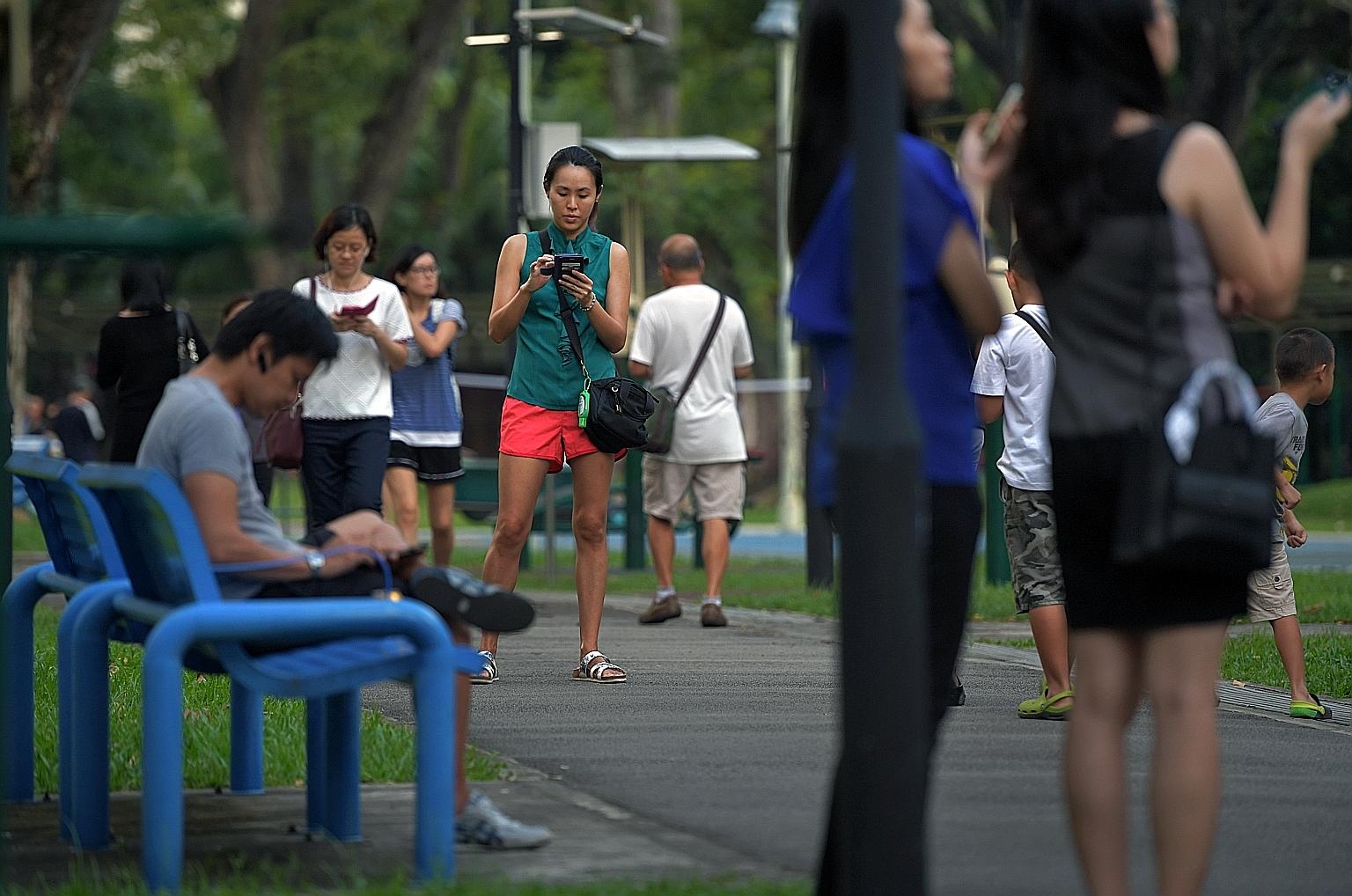For subscribers
Are Singaporeans vulnerable to fake news? 5 key themes from the public hearings on deliberate online falsehoods
Over three days last week, a group of men and women huddled in the new public hearing room in Singapore's Parliament House to discuss the issue of disinformation. A total of 24 speakers - from countries as far away as Ukraine to closer to home, Indonesia, as well as from Singapore - shared their experiences and research. They also shared suggestions on how the Republic can deal with the "threat of our times". Here are five key themes that emerged during the hearings, as well as through separate interviews with Insight.
Sign up now: Get ST's newsletters delivered to your inbox

With more people plugged into social media these days, it has become easier for fake news to spread. Falsehoods gain traction because they tend to be sensational and emotional, said Dr Carol Soon of the Institute of Policy Studies, and this can be used to create trouble between different communities. Many speakers at the public hearing recommended boosting media literacy efforts as part of measures to combat the fake news phenomenon.
ST FILE PHOTO


